While it’s commonly known that antibiotics have a widespread effect on gut health and the types of microorganisms that colonize the gastrointestinal tract, new research suggests that a number of other drug classes can disrupt the microbiota. According to the study – which was published in the journal Nature – these drugs may also contribute to the growing issue of antibiotic resistance, which could mean that doctors will need to worry about over-prescribing these medications as well.
“This shift in the composition of our gut bacteria contributes to drug side effects but might also be part of the drugs’ beneficial action,” said study author Peer Bork, who is a professor at the European Molecular Biology Laboratory (EMBL) in Heidelberg, Germany, and head of its Structural and Computational Biology Unit.
The microbiome is composed of countless strains of beneficial bacteria, yeasts and other microorganisms; however, its role in human health is not fully understood. However, disruptions in this balance have been linked with gastrointestinal issues and autoimmune disorders, among other health conditions.
As many antibiotics in use today are broad-spectrum – meaning they kill both the pathogenic microbes and the beneficial ones – they can have a large impact on the diversity of an individual’s microbiome and contribute to antibiotic resistance. However, the current study is among the first to suggest that other, non-antibiotic drugs could be having the same damaging effect.
In their study, Bork and colleagues exposed 40 strains of bacteria commonly found in the gut to over 1,000 drugs of different therapeutic classes, including some antibiotics. They found that 250 of the 923 non-antibiotic drugs had a negative effect on the in vitro growth of one or more of the bacterial species.
According to the researchers, it’s still unclear what their results mean for the use of these drugs in clinical practice and future studies will need to investigate how these drugs affect the microbiome in human patients. As the makeup of microbiomes vary widely from person to person, this could explain the pharmacodynamic differences in how one drug can have diverse effects in different people.
“Susceptibility to antibiotics and human-targeted drugs correlates across bacterial species, suggesting common resistance mechanisms, which we verified for some drugs,” said the study authors. “The potential risk of non-antibiotics promoting antibiotic resistance warrants further exploration.”
Since millions of individuals around the world take daily medications to manage chronic conditions on a long-term basis, the findings of this study could change our understanding of the side effects of these drugs in terms of gut health. But before patients start discarding their medications in favour of their microbiome, the researchers say that while they found a number of drugs that impact microbial growth, not all medications will have this effect.
“This is scary considering that we take many non-antibiotic drugs in our life, often for long periods,” said co-author Dr. Athanasios Typas, who leads a group in the Genome Biology Unit at EMBL. “Not all drugs will impact gut bacteria and not all resistance will be common.”

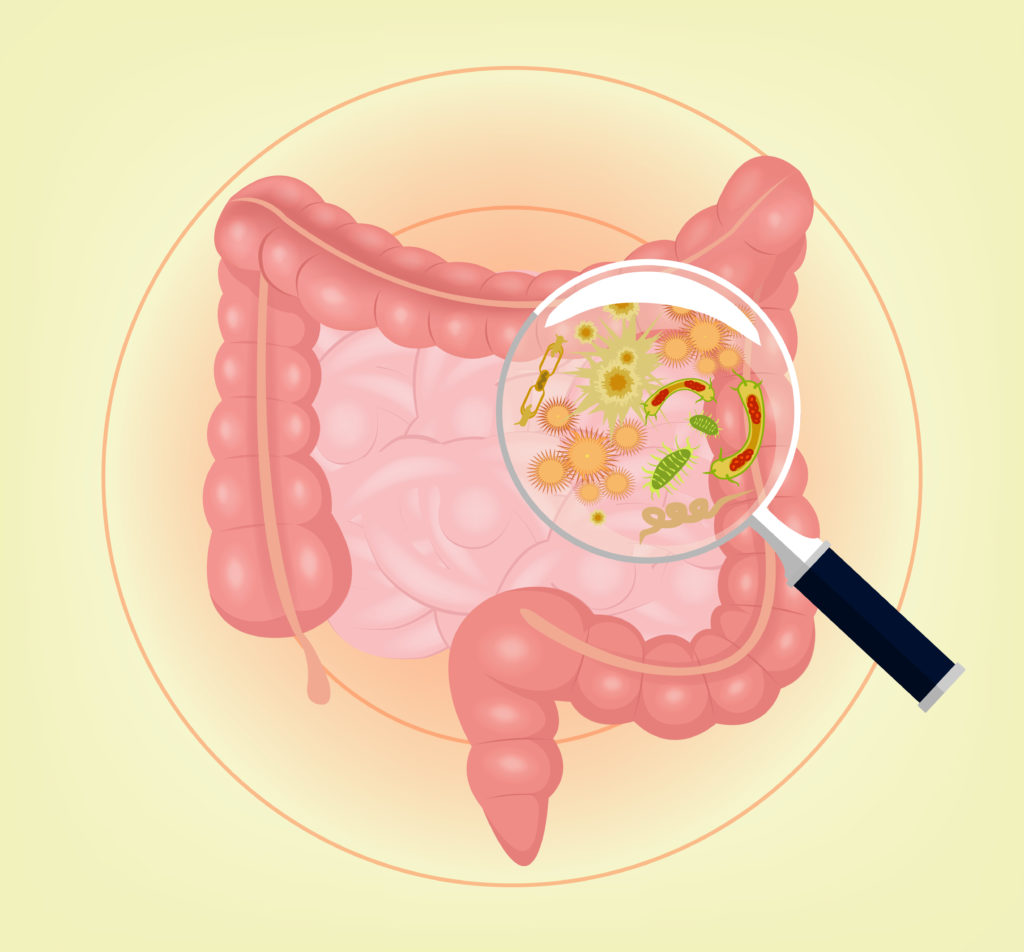
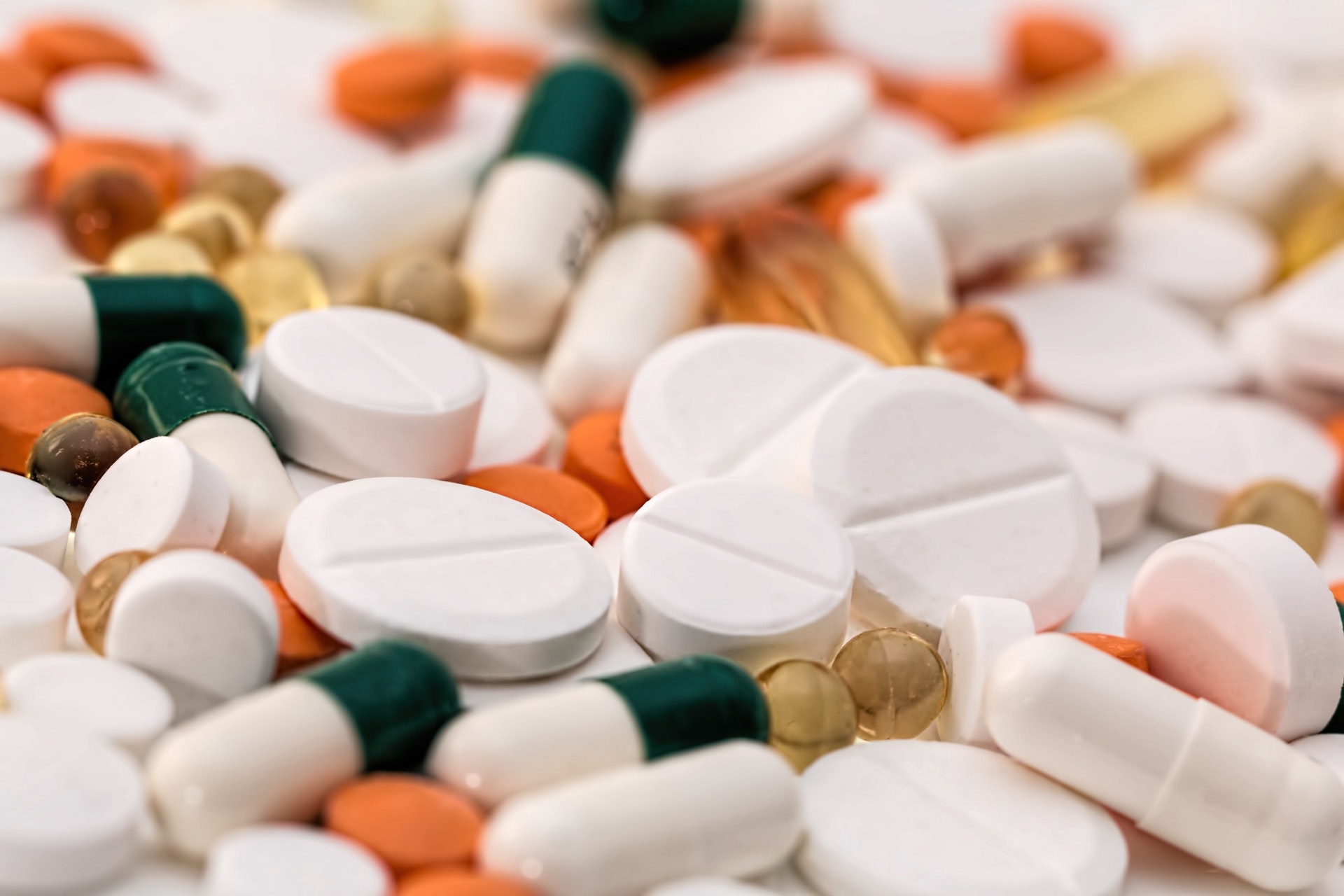
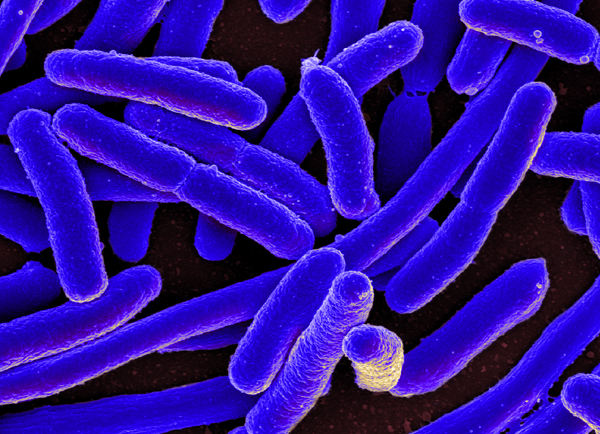

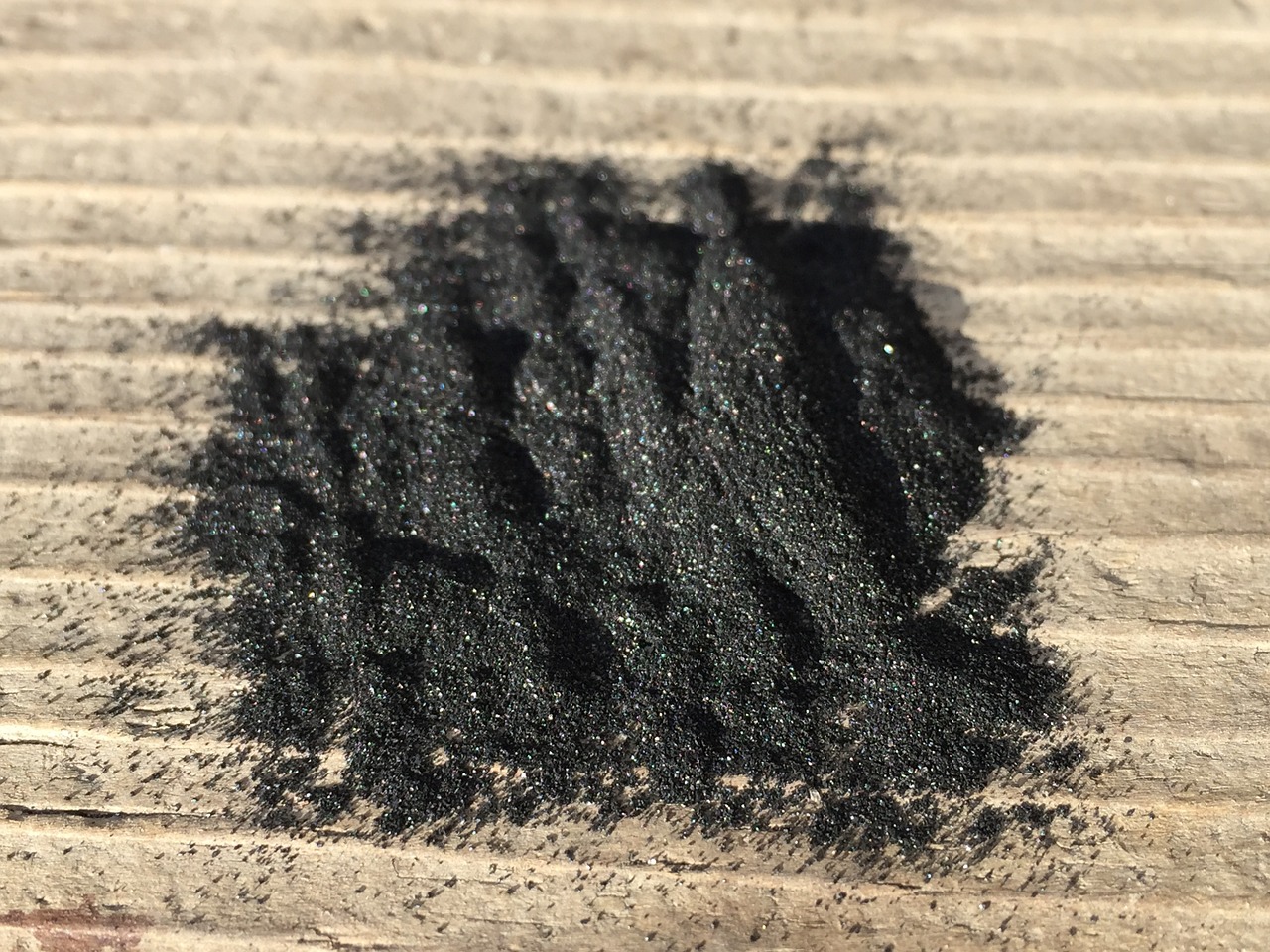


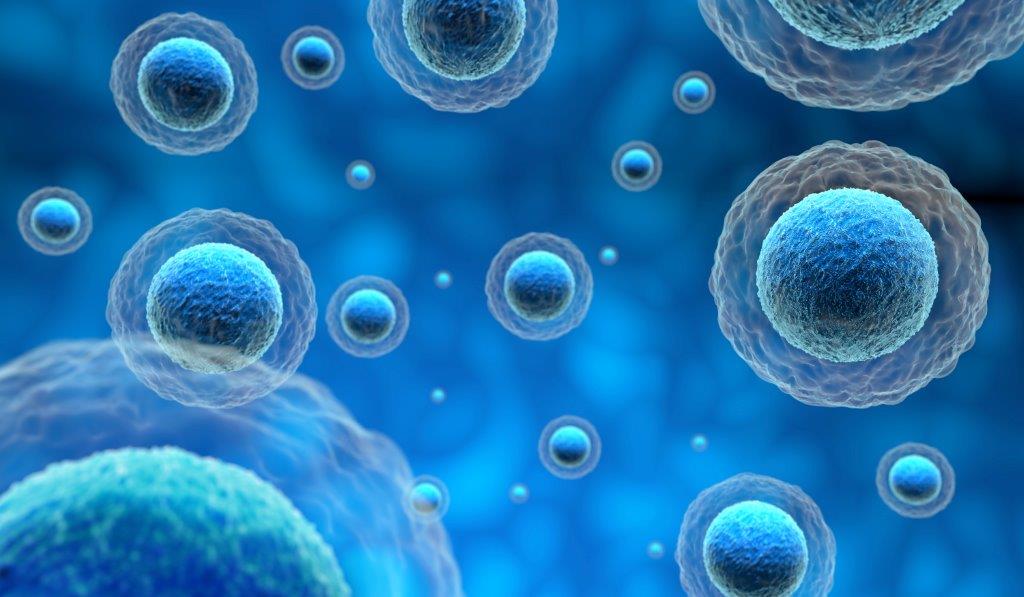

Join or login to leave a comment
JOIN LOGIN